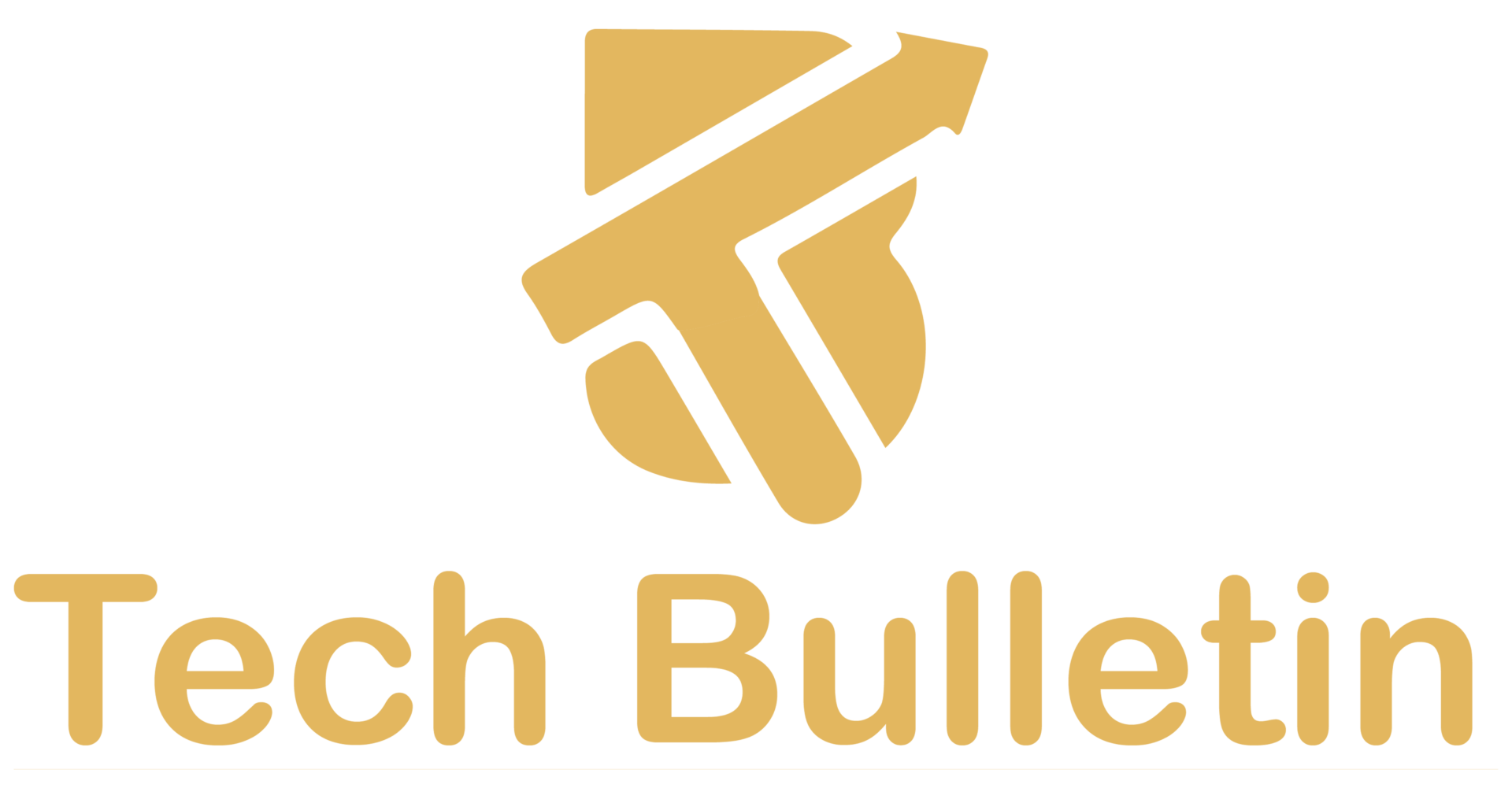How to Protect Your Privacy When Using AI Tools?

Artificial intelligence (AI) is revolutionizing how we work, communicate, and entertain ourselves. From chatbots to content generators, AI tools are becoming an essential part of our daily routines. But with great convenience comes great responsibility. Protecting your privacy when using AI tools has become more critical than ever. In this article, we’ll explore practical steps you can take to safeguard your personal information while reaping the benefits of AI.
Why Is Protecting Your Privacy Important When Using AI Tools?
AI tools gather and process vast amounts of data. This data can include personal, sensitive, or private information about you. Whether it’s your search history, preferences, or even voice recordings, AI tools can store and use this information to make better predictions and recommendations.
The problem? If not properly managed, this data could be misused or fall into the wrong hands. In some cases, AI systems might even create profiles or predictions about you without your knowledge. Protecting your privacy when using AI tools is, therefore, crucial for maintaining control over your personal information.
What Risks Are Associated with AI Tools?
When you use AI tools, there are various privacy risks to be aware of, such as:
- Data breaches: Hackers can gain access to sensitive data stored by AI systems.
- Unintended data sharing: Some AI tools may share your data with third parties without your consent.
- Inaccurate predictions: If your data is misused, the AI may make assumptions or predictions about you that aren’t accurate.
These risks highlight why protecting your privacy is essential when using AI tools. Now that we’ve set the stage, let’s dive into how you can protect yourself.
Step-by-Step Guide to Protecting Your Privacy with AI Tools
1. Understand the Data Collection Practices
Before you start using an AI tool, make sure you understand what data it collects and how it will be used. Most reputable AI tools will have privacy policies that outline the types of data they collect, why they collect it, and how they use it.
What to Look For:
- Data types: Does the tool collect personal, location, or browsing data?
- Retention period: How long is your data stored?
- Sharing with third parties: Is your data shared with anyone else?
Knowing these details helps you make informed decisions about which AI tools to use. If a tool’s data collection practices seem excessive or unclear, consider alternatives.
2. Review Privacy Settings

Many AI tools allow you to control what data is collected and how it’s used. Take the time to go through the privacy settings of each tool. You might be able to disable certain features, like voice recording or location tracking, which can reduce the amount of personal data collected.
What Can You Control?
- Data sharing: Can you opt out of sharing your data with third parties?
- Personalized content: Can you limit the tool’s ability to create a personalized experience based on your data?
- Location tracking: Can you disable location access?
Adjusting these settings can help protect your privacy without sacrificing the functionality of the tool.
3. Be Mindful of What You Share
AI tools often thrive on the information you provide. Whether it’s entering data for personalized recommendations or using voice assistants, what you share can directly impact your privacy.
Best Practices for Sharing Data:
- Limit personal information: Only share the bare minimum of personal details with AI tools.
- Avoid unnecessary permissions: If an AI tool asks for permissions that seem irrelevant (e.g., camera access when it’s not needed), consider denying them.
- Be cautious with voice assistants: Be mindful of the voice data you share, as it could be stored and analyzed by the AI tool.
The less data you give away, the better you can protect your privacy.
4. Use AI Tools That Offer Encryption
Encryption is a powerful tool that protects your data from unauthorized access. When using AI tools, opt for those that offer encryption for your data, especially for sensitive information like passwords or financial data.
What to Look For:
- End-to-end encryption: This means your data is encrypted before it’s sent and can only be decrypted by the recipient.
- Encryption in storage: Some tools encrypt your data while it’s stored on their servers, adding an extra layer of protection.
Encryption makes it much harder for hackers to access your personal information, reducing your risk.
5. Regularly Update Your Passwords
Just like with any other online platform, strong, unique passwords are crucial for protecting your privacy when using AI tools. Consider using a password manager to keep track of your credentials and generate strong passwords.
Tips for Strong Passwords:
- Avoid using easily guessed information: Stay away from common passwords like “password123” or your name.
- Use a mix of characters: Combine letters, numbers, and special characters for a more secure password.
- Change passwords regularly: If you’re concerned about your privacy, consider updating your passwords every few months.
A strong password is one of your first lines of defence against unauthorized access.
6. Be Aware of Phishing and Scams
Some AI tools or related services may be targeted by scammers. Phishing attempts may trick you into providing personal data or login credentials. Always be cautious when sharing your information online.
How to Spot Phishing:
- Look for suspicious emails or messages: If you receive unsolicited communication asking for personal information, be wary.
- Check URLs: Make sure the website you’re visiting is legitimate and uses HTTPS encryption.
Being proactive about recognizing scams can prevent data theft and keep your information safe.
7. Use AI Tools with Transparent Privacy Policies

Transparency is key when it comes to protecting your privacy. Choose AI tools that clearly outline their privacy policies, terms of service, and data handling practices. Transparency ensures that you know exactly what happens to your data and gives you more control over it.
What Should You Look For?
- Clear data handling policies: Does the tool clearly explain how your data is used?
- User consent: Does the tool ask for your consent before collecting or sharing data?
- Opt-out options: Are there easy ways for you to opt out of data collection?
AI tools that prioritize transparency are more likely to respect your privacy.
Pros and Cons of Using AI Tools for Privacy
| Pros | Cons |
| Convenient and efficient | Data can be vulnerable to breaches |
| Personalized experiences | Risk of third-party data sharing |
| Saves time and effort | Privacy settings may be complex |
| Increases productivity | AI tools may still collect unnecessary data |
FAQs: How to Protect Your Privacy When Using AI Tools
1. Can AI tools access my private data without my knowledge?
Yes, some AI tools may collect data without fully informing you. Always check the privacy settings and terms of service before using any tool.
2. How can I know if my AI tool uses encryption?
Look for any mentions of “end-to-end encryption” or “encrypted data storage” in the tool’s privacy policy or settings.
3. Should I stop using AI tools if I’m concerned about privacy?
Not necessarily. You can protect your privacy by using the steps mentioned above, such as adjusting privacy settings and using tools with strong encryption.
4. What happens if my data is hacked from an AI tool?
If your data is compromised, your personal information could be exposed to malicious parties. It’s essential to report any suspicious activity and change your passwords immediately.
5. Are there any AI tools that guarantee complete privacy?
While no tool can guarantee 100% privacy, some tools prioritize privacy and transparency, making them safer options for protecting your data.
Conclusion
Protecting your privacy when using AI tools is not just about avoiding risks; it’s about taking proactive steps to secure your data. By understanding data collection practices, adjusting privacy settings, and being mindful of what you share, you can enjoy the benefits of AI tools without sacrificing your privacy. Remember, the more control you have over your data, the better you can safeguard your privacy.
Also Read: Economic Impact of Autonomous Cars Explained







